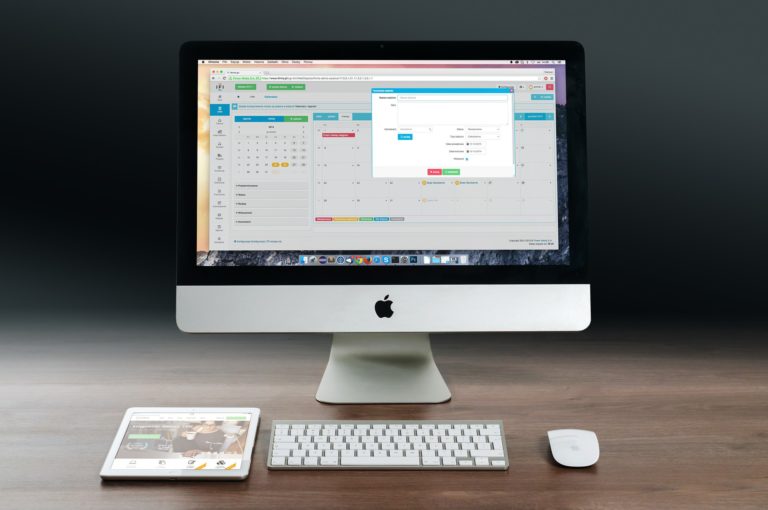7 Expensive Habits That Are Hard To Break
Everyone has those spending habits that they need to kick. Outside of basic costs like rent, utilities, food, and clothing, there is always at least one cost that you would do well cut out completely.
Whether it’s eating out too much, buying shoes that are too expensive to justify sacrificing gas money for, or not taking care of your car, it’s easy to let unnecessary costs keep piling up. With the cost of living on your own already so high, it’s time to take control of your finances.
It’s time to start shedding some extra financial weight by breaking these 7 expensive habits.
Table of Contents
1. Dining Out
Restaurants in America were an $899 billion industry in 2020, and that number is only expected to climb. In fact, for the first time ever, people are actually spending more money eating out than buying groceries.
Since that statistic was first measured in 1992, the gap has been steadily closing, and now, it’s official that millennials clearly enjoy eating out more than cooking at home.
The average ticket for fine dining is $69, so it’s not hard to imagine your budget for eating out quickly expanding beyond its reach. Try cooking at home instead, and you’ll be amazed at how many meals you can cook for yourself with $69. And, if you like the convenience of just grabbing and going, you could try creating your own easy to warm up freezer meals, to save you time and money.
Related Article: How to Eat Well for Only $300 Per Month
2. Wasting Groceries
First of all, refer to the point above one more time. People are pretty much addicted to eating out, remember? Guess when most of those restaurant purchases are made.
If you guessed on the way home from work, you’re correct. During your lunch break is also an acceptable answer. The point is that people grab food from restaurants when they’re in a hurry or simply out of the house.
And that leaves the groceries you bought sitting in your fridge, slowly going bad. Once you discover those groceries, you throw them away, at which point you’re literally throwing away money.
Try buying smaller quantities of groceries when you go to the supermarket. If nothing else, try to limit buying mass quantities of perishable items.
Another thing you can do is create a meal plan, so you know exactly what you’re eating throughout the week. It doesn’t have to be super complicated either. In fact, one of my favorite meal planning resources is the $5 Meal Plan, because it offers affordable meals that I can easily throw together and customize to fit my family’s needs.
3. Wasting Energy
Utility bills are something most people don’t think about. Unless the monthly bill is completely out of the norm, you don’t give it a second thought. For example, falling asleep with the TV on costs you an additional $50 a year, not programming your thermostat costs an additional $180 a year, and overcharging our tech gadgets sucks up unnecessary energy (seriously, the max is 100%, we don’t need to plug them for any longer).
These tiny energy-wasting habits may not seem like a big deal, but it’s beneficial to both your wallet and the environment to stay conscious of the little things.
4. Social Drinking
No one is telling you that you can’t go have a good time with your friends. Just don’t order enough margaritas to put you in danger of missing rent for the month.
It’s possible to spend up to $100 in just one night drinking with your friends on the weekend when you factor in cab fares, appetizers to go along with the drinks, and of course, the drinks themselves. Do the math: assuming you only go out once a week, that’s $400 a month, which becomes $4,800 a year.
If you go out twice a week, that number could double, and then you’re looking at almost $10,000 in annual social drinking expenditures, which is one of the most expensive habits.
It’s easy to feel like letting loose with your friends at the end of the week, but instead of dressing up and going to a crowded bar, try grabbing a few beers and heading over to a friend’s house. Feel free to wear your sweats.
5. “Therapeutic” Shopping
Let’s just get one thing straight— there are a plethora of ways to make yourself feel better when you get yelled at by your boss, bomb an interview, or get broken up with. Binge shopping shouldn’t be one of them.
It actually might be helpful to you psychologically, but the incredible costs quickly make the practice not worthwhile. This isn’t a suggestion to turn to binge drinking, but rather to comfort yourself with other proven psychological methods.
Confiding in friends and family, for example, has been proven to boost self-esteem and encourage positive thoughts.
Related Articles: Why I’m Going on a 6 Month Shopping Ban
My Shopping Ban Update: 4 Months In
Bonus Expensive Habits
6. Paying For A Gym Membership
This cost is the easiest to forget about, and the hardest one to change. Everyone will delay canceling the gym membership for years, holding out some bizarre hope that out of the blue, they’ll find the sudden motivation to become fitness buffs.
If you haven’t been to the gym more than three times in the seven years you’ve had the membership, it’s time to free your bank account. This solution is so simple, it’s obvious. Start working out at home. There are endless home workouts you can do [4] that will help you lose weight and build a healthier lifestyle.
Related Articles: 5 Fun and Frugal Ways to Stay Active
How I’m Making it Work Without a Gym Membership
7. Driving Too Fast
Zipping around town like you’re Speed Racer, might feel fun at the time, but sitting in the waiting room of the repair shop sort of puts that rush into perspective.
Believe it or not, driving too fast will put added strain on your car, which in turn puts added strain on your bank account. When you drive fast, you hit the accelerator, which uses more gas, which you then have to replace in exchange for money at a gas station.
Driving too fast puts a strain on your breaks, kills your car’s fuel efficiency, and causes parts of your car to wear out quicker.
The answer? Simple: drive slower. Try abiding by the speed limit for a change.



P.S. You Can Share Your Story
Want to share your money story or financial experience? Be a guest blogger for My Debt Epiphany! Read the guidelines and submit your ideas here.
Stop Worrying About Money and Regain Control

Join 5,000+ others to get access to free printables to help you manage your monthly bills, reduce expenses, pay off debt, and more. Receive just two emails per month with exclusive content to help you on your journey.






